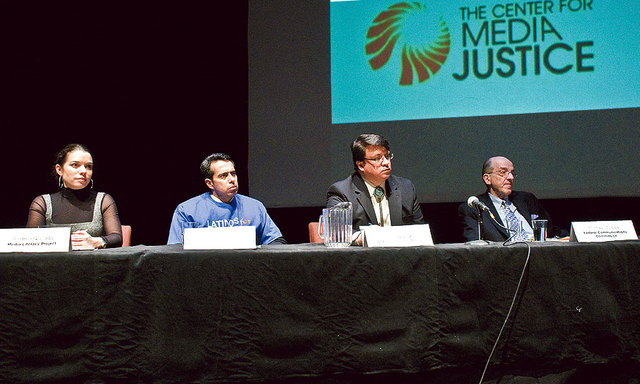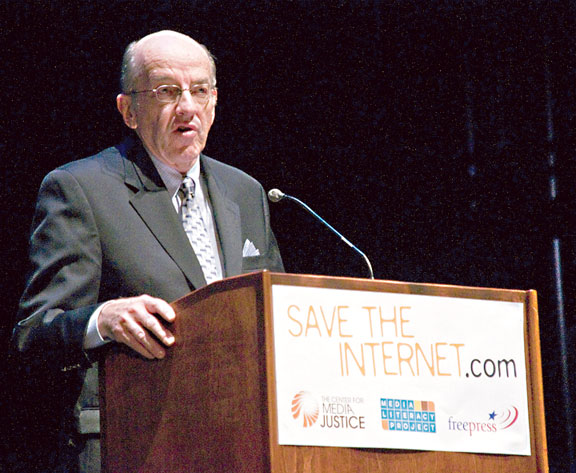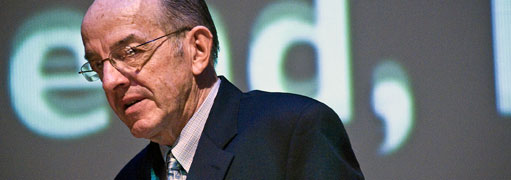Fcc Commish Comes To Town To Talk Net Neutrality But Won’t Give A Timeline
Fcc Commissioner Rallies New Mexicans Around Internet Freedom But Remains Silent On Plans


Commissioner Michael Copps spoke to a crowd of more than 400 at the National Hispanic Cultural Center.
Sam Adams





